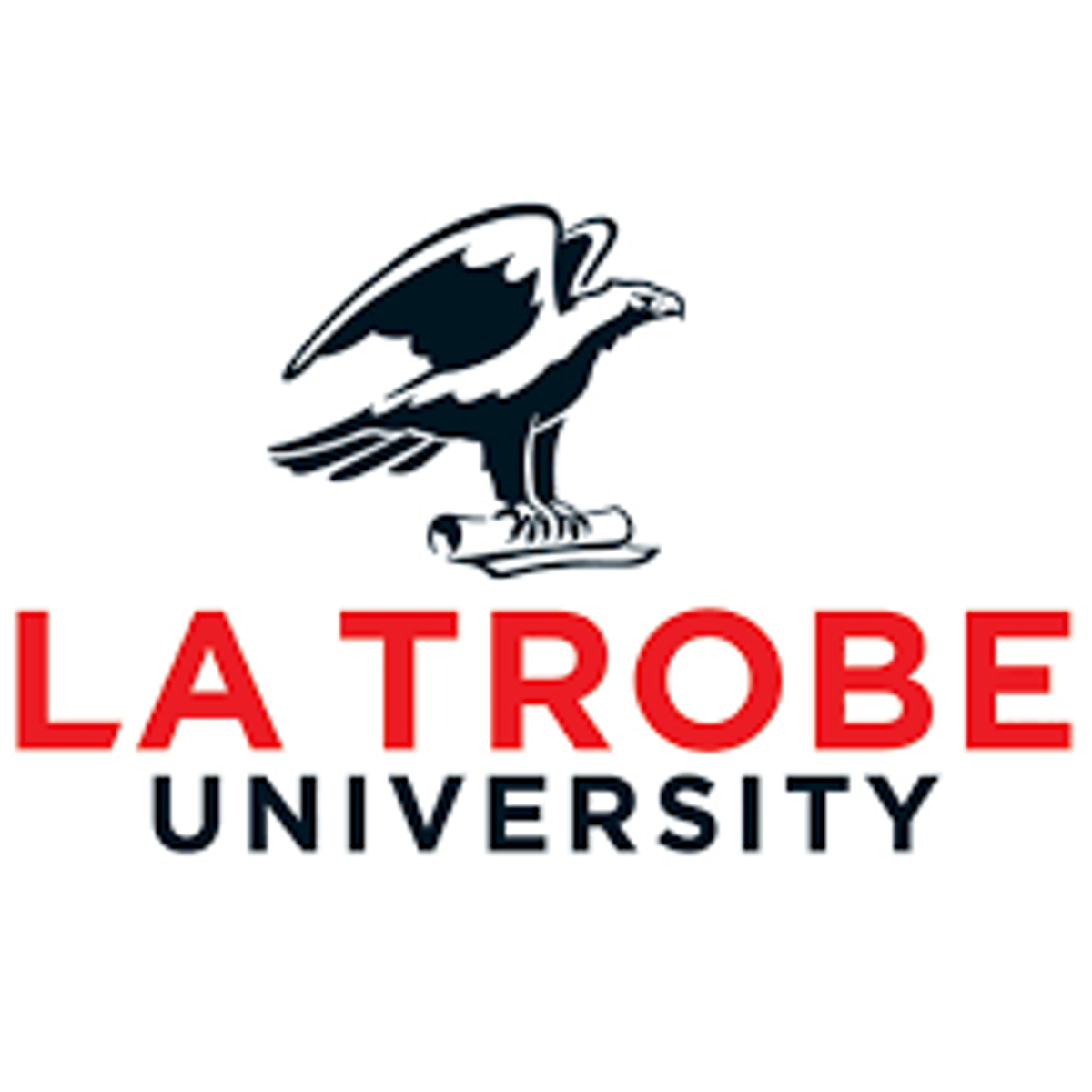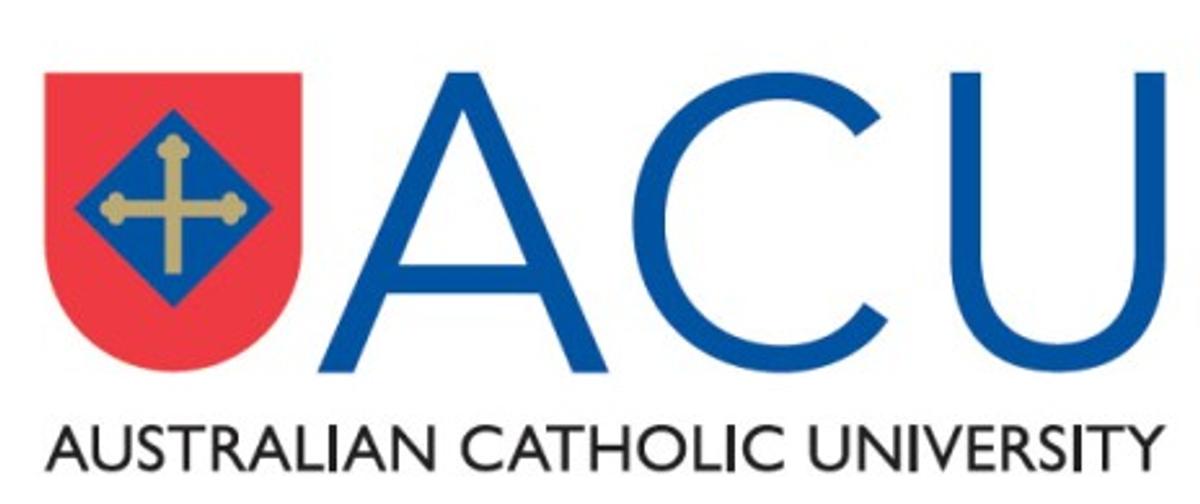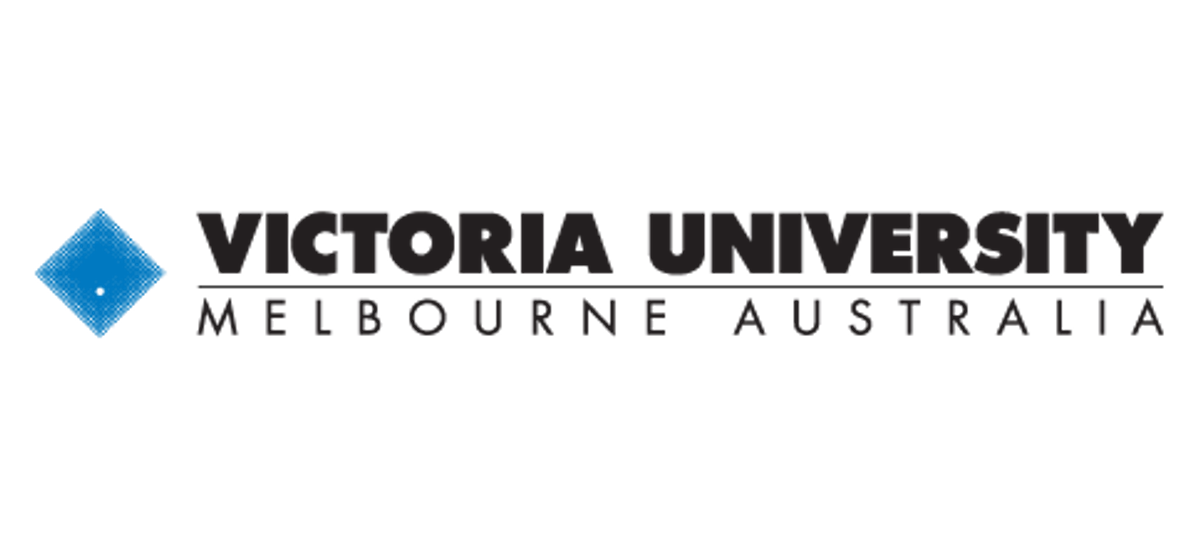Careers and Pathways

Joint National Statement on Tertiary Entry for 2020 Year 12 Students
The Australasian Conference of Tertiary Admissions Centres (ACTAC), of which VTAC is a member, has released the following national statement this week in relation to tertiary entry for year 12 students.
JOINT NATIONAL STATEMENT ON UNIVERSITY ENTRY FOR 2020 YEAR 12 STUDENTS 27 APRIL 2020
The disruption caused to 2020 Year 12 students by COVID-19 has led many to question whether entry to university will be different for them compared to previous years.
The Australasian Conference of Tertiary Admissions Centres (ACTAC), comprising admissions centres across Australia, has released the following information to help dispel any confusion for students and parents:
- All tertiary admissions centres, universities, and education authorities are working together to ensure a pathway to university for those currently studying Year 12.
- The ATAR will be calculated in all states and territories as in previous years. In Queensland, the introduction of the ATAR for the 2020 cohort will continue as planned.
- The ATAR is widely used across Australia because it is a fair and nationally consistent tool for university entrance, in terms of both allocating places and predicting readiness for university study. Any changes to a state’s examination and assessment processes in response to COVID-19 can be accommodated within the ATAR framework.
- As in previous years, other pathways that exist alongside the ATAR can be used by universities. For example:
- The use of other criteria such as interviews, tests and portfolios for specific courses
- The consideration of Year 11 results as part of some early offer schemes in NSW, ACT, and Tasmania
- Special entry schemes for specific groups such as Aboriginal and Torres Strait Islander peoples
- The consideration of Year 11 results as part of some early offer schemes in NSW, ACT, and Tasmania
- These pathways are in addition to the ATAR; they do not replace the ATAR.
- Information about the admissions criteria for courses and universities will be available on tertiary admission centre websites by August. This will include final details of any special COVID-19 admission schemes that are offered.
- While universities have autonomy in their admissions processes and may adopt specific schemes in response to COVID-19, there is already a clear and nationally consistent process for Year 12 students that uses the ATAR as the primary basis of admission.
More information:
Attend a Virtual Careers Expo
Torrens University Australia is opening up its virtual event platform to students, teachers, parents, and tertiary education providers across the country for a unique National Virtual Careers Expo. More than 60 universities, colleges, and registered training organisations from across the country will be on hand to meet students, showcasing everything their institution has to offer.
The expo will run over two days: Thursday 7 May & Friday 8 May 2020 from 12.00pm to 8.00pm (AEST).
By joining the Virtual Careers Expo, students will be able to –
- Wander through the virtual expo hall featuring more than 50 institutions
- Visit the Webcast Hub to watch seminars and feature presentations from exhibitors
- Download course guides and take a virtual campus tour
- Chat with staff and current students to find out more about each institution
Students are encouraged to register for this innovative event at Virtual Careers Expo
Webinar: The Importance of LinkedIn
Learn about the importance of having a LinkedIn account, how to create a LinkedIn profile and how to actually use it.
The free webinar will take place on Sunday 10 May at 2.00pm. Register at LinkedIn Webinar
Aspire – Early Admissions Program to La Trobe
At La Trobe, we believe there is more to being a good student than marks alone.
The Aspire program rewards the skills and knowledge students gain from the positive impact they have made on their school or community through community service or volunteerism. Designed to give Year 12’s the tools they need to succeed at La Trobe and beyond, students accepted into the Aspire program will get:
- A taste of university life at La Trobe with special on-campus events before the year commences
- The chance to meet and connect with like-minded students
- Leadership opportunities, career development, networking, and industry mentoring
- VCE revision lectures for Year 12’s in the September school holidays
- Access to our extensive library and campus resources
- Induction into our Enrichment Program to prepare for what is to come
Successful applicants also receive their early conditional offer in September for their chosen course along with minimum ATAR requirements. Many courses have a minimum ATAR of 50, but some professional degree programs have higher requirements. Up to 40 Aspire scholarships, worth $5,000 per year for up to four years, will be awarded to leading eligible Aspire students.
The Minimum ATAR Table shows the minimum ATAR for some professional degree courses for entry through Aspire in 2021. Should an applicant’s preferred course not be listed on this table, then the minimum ATAR is 50.
Applicants are required to provide information about the length and frequency of their community service and/or volunteering experience, as well as a 400-word description of their involvement and impact.
Types of volunteering include:
- community service or community group activities
- religious/cultural group activities
- participating in social justice groups or a school leadership role
- leadership in sport, the performing arts or charity fund-raising group activities
Further details can be found at the How to Apply link. Applications open 1 May and close 31 August 2020 with conditional offers coming out mid-September 2020.
ACU Early Entry Programs
ACU offers two guaranteed early entry programs that current Year 12 students might wish to apply for.
- Passion for Business (P4B) Early Entry Program
Passion for Business Program (P4B) is a guaranteed early entry program designed to nurture a students’ learning passion and give them a step up in their future business career. Current Year 12 students studying a business-related subject are encouraged to apply for the P4B Program.
Benefits of the program include:
- early conditional offer into an ACU P4B course
- access to Academic Skills workshops, the CareerHub and networking events
- study abroad opportunities
- $500 textbook voucher awarded to the top three P4B students at the end of Semester 1
- invitation to an ACU P4B welcome event
- access to the Leading with Impact program
Eligible P4B Courses:
- Bachelor of Commerce
- Bachelor of Business Administration
- Bachelor of IT
- Bachelor of Accounting and Finance
- Bachelor of Commerce/Bachelor of Business Administration
- Bachelor of Commerce/Bachelor of Arts
- Bachelor of IT/Bachelor of Business Administration
To be eligible for admission, Year 12 students need to have studied a business or business-related subject in Year 11 or 12 and can demonstrate they have previous work experience and volunteer work.
Applications for Passion for Business (P4B) for 2021 are now open. Find out more about the P4L program, and the online application process at Passion for Business (P4B) Early Entry Program
- Passion for Law (P4L) Early Entry Program
Passion for Law (P4L) is a guaranteed early entry program for students passionate about studying law and designed to nurture their learning potential and give them a step up in their future law career.
Benefits of the program include:
- early conditional offer for an ACU law degree
- access to Academic Skills workshops, the CareerHub, and network events
- taking part in study abroad opportunities
- participating in the pro bono program
- $500 textbook voucher to the top three P4L students at the end of Semester 1
- invitation to an ACU P4L welcome event
- access to the Leading with Impact program
Eligible P4L Courses:
- Bachelor of Laws
- Bachelor of Arts/Bachelor of Laws
- Bachelor of Biomedical Science/Bachelor of Laws
- Bachelor of Business Administration/Bachelor of Laws
- Bachelor of Commerce/Bachelor of Laws
- Bachelor of Laws/Bachelor of Global Studies
- Bachelor of Psychological Science/Bachelor of Laws
- Bachelor of Theology/Bachelor of Laws
To be eligible for admission, students will need to attain a minimum ATAR of 75.00 and meet the prerequisite of Units 3 and 4: a study score of at least 30 in English (EAL) or at least 25 in English other than EAL.
Applications for Passion for Law (P4L) for 2021 are now open. Find out more about the P4L program, and the online application process at Passion for Law (P4L) Early Entry Program
Snapshot of Victoria University (VU) in 2020
- More than 45,000 students from around the world study at one of VU’s many campuses, with its largest one being Footscray Park - VU Campuses
- VU has a number of academic colleges including arts, business, education, engineering, law & justice, science, sport and exercise science - VU Academic Colleges
- VU has very strong industry connections with over 900 industry partnerships, including the Western Bulldogs, Western Health, City West Water, and various others - VU Industry Connections
- VU has agreements with over 100 exchange partner institutions worldwide - VU Exchange Partners. Students can gain credit towards their degree by studying for a year or a semester with one of the international exchange partners - VU Study on Exchange
- VU is one of only a few universities in Victoria to offer both vocational training (TAFE) and higher education with very accessible transition between courses at all levels. These pathways mean that a student’s dream qualification is within reach, regardless of their study background, prior experience, or their ATAR score - VU Pathways
- VU is one of Australia’s leading sports universities - VU - Leading Sport University
- VU sports students will gain behind-the-scenes access at Real Madrid Football Club through a new partnership signed early in 2015 - VU Real Madrid Partnership
- Within the Law & Justice College, VU offers a number of courses from certificates and diplomas to postgraduate degrees, giving students more options to achieve their goals while balancing life and study commitments through flexible pathways - VU Law & Justice College
- VU is one of only two universities in Victoria that offers a course in osteopathy - Osteopathy at VU
- VU is the only university offering a dermal therapies degree in Australia - VU Dermal Therapies Degree
- VU offers a number of courses linked to clinical practice and have dedicated clinics where current students put into practice that which they have learnt. Courses linked to clinics include dermal therapies, nutrition, osteopathy, psychology - VU Health Clinics
- In 2018 VU introduced the VU Block Model - all bachelor degrees taught at the Melbourne campuses see units delivered in a more focused way, one at a time. Students have more one-on-one time with their educators as they complete each unit, and experience a significantly more immersive, collaborative, and enriching learning experience. Initially for first-year students, the VU Block Model is now offered to students in all degree years.
2020 UCAT Official Guide
Are you wanting to study medicine at university in 2021? You might need to sit the UCAT first.
The UCAT Consortium has released their 2020 guide, packed with all the information you need to know about the test, including important dates, test formats, and what to expect on the day.
Find a copy here: https://www.ucat.edu.au/media/1332/ucat-official-guide-2020.pdf
Don’t forget, registration for the UCAT closes on Monday 11 May.
Joining the Army Reserves
Are you thinking about joining the ADF, but already have a job, or are studying? You can join the army reserves.
Being a reserve means you only work part-time in the army, navy or air force, while still receiving training and benefits. You get to choose how many days you serve per year, giving you the flexibility to fit in other commitments.
There are heaps of roles you can work in, including combat roles, STEM, business, trades, medical and health, and much more.
To join, you just need to have completed year 10 with passes in English and Maths. Some roles require higher qualifications, such as a trade or university degree.
The army reserves is a great way to gain life-long skills and experience. Find out more about joining the reserves here: https://reserves.defencejobs.gov.au/
What do Photographers do?
Photographers are skilled, technical artists who are trained in the use of various kinds of equipment and techniques to produce high quality images of people, landscapes, animals, products and other subjects.
If you’re creative with a great eye for composition and prepared to put in long hours to obtain a single perfect image, this career could be picture perfect for you.
About you:
- Creative and imaginative with an eye for detail and good communication skills
- Passionate, patient and flexible, with great people skills
- Technically skilled with attention to detail and a desire to keep learning
The job:
- Work with clients to find out what they want and provide ideas
- Set up and complete photo shoots in studios or on location
- Select the right equipment to complete the job and adjust settings to suit the job and conditions
- Critically review and cull photographs, edit and enhance selected images to produce high quality and high resolutions images that meet client specifications
Photographers’ salary (average) $55,000 per year (Source: seek.com.au)
Job growth for Photographers is moderate (source: joboutlook.gov.au)
With many photographers aspiring to do well in this industry, you’ll have to be at the top of your game, prepared to work in lots of locations or find a niche area that you can focus on if you want to be competitive.
How to become a Photographer in Australia
Formal qualifications aren’t essential but could help you get ahead faster and make you eligible to apply some positions. VET (Vocational Education and Training) and university are both common study pathways for Photographers.
Step 1 – Study Art, Visual Arts, Design and Technology at school (photography if it’s an option)
Step 2 – Volunteer in as many school, community or private projects as possible, find work experience within the field (and network while you’re there), build a portfolio of works. Take online courses and attend workshops to enhance your skills and knowledge.
Step 3 – Complete VET qualifications or a university degree – look for opportunities where on the job training or internships are offered.
- Certificate IV in Photography and Photo Imaging
- Diploma of Photography and Photo Imaging
- Bachelor of Arts (Photography)
Step 4 – If you want to freelance then you’ll need to advertise and market yourself, continue to network and showcase your work. Qualifications or skills in marketing and business may come in handy.
Step 5 – Obtain recognised accreditation e.g. AIPP
Find out more here:
Mrs Vivian Seremetis
Careers Coordinator









